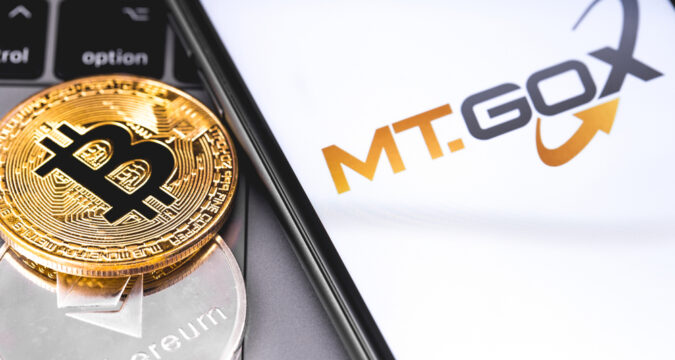
In 2014, a massive event happened that shocked the crypto world. The biggest crypto exchange at that time, Mt.Gox, was attacked, causing users to lose BTC worth billions. After several years of waiting, Mt.Gox’s former customers started receiving repayments at the end of July 2024.
This article explains the rise and fall of Mt.Gox and why the exchange still matters in 2024. Read on to learn more.
Brief History of the Mt.Gox Exchange
Mt.Gox entered the market in 2006 as a protocol for trading the popular Magic: The Gathering cards. Prominent programmer Jed McCaleb founded the platform. Four years into its operations, Mt.Gox rebranded into a Bitcoin exchange. According to McCaleb, the reason for rebranding was the significant potential of BTC.
In early March 2011, Mt Gox was sold to French entrepreneur Mark Karpelès, who relocated the firm’s headquarters to Japan. Later that year, the exchange was attacked, with the bad actors making away with over 24,000 Bitcoin. The heist fueled a drastic decline in BTC’s price, plunging from $17 to $0.98.
The setback, however, didn’t stop Mt.Gox from growing. By 2013, the exchange had become the biggest, processing more than 70% of the total Bitcoin trading volume.
Security Concerns
After Mt.Gox’s ownership changed, security challenges began, with the exchange suffering several attacks that led to temporary suspensions of withdrawals and trading. The security issues diminished customer confidence. To regain users’ trust, Mt. Gox decided to suspend USD withdrawals in May 2013 to fix vulnerabilities and become compliant with stipulated regulations.
Mt.Gox Collapse
When Bitcoin reached $1,000 in November 2013, Mt.Gox’s trading volume surged significantly. However, as the exchange enjoyed increased trading activity, insolvency rumors started making rounds, and by February 2014, the rumors became hard to ignore. Customers reported delays in making withdrawals. In early March, Mt.Gox announced the suspension of Bitcoin withdrawals, with Karpelès claiming that the move was necessary to investigate technical hitches.
However, the withdrawal suspension lasted longer than expected, fueling suspicions among the exchange’s customers. Before March ended, Mt.Gox’s website was no longer accessible, and its leadership said it had halted all trading activities.
As crypto users continued to process the sudden move, a leaked document emerged online, indicating that hackers had stolen 744,000 Bitcoin from Mt.Gox in an attack executed for two years.
Following the revelation, Mt.Gox announced it had filed for bankruptcy in Japan. The filing showed the exchange had $65 million in liabilities and $38 million worth of assets.
After the bankruptcy filing, a trustee was appointed to help Mt.Gox creditors recover their lost BTC.
Mark Karpelès’ Legal Disputes
Mt.Gox’s creditors brought several lawsuits against Karpelès after the exchange filed for bankruptcy. Moreover, the Japanese authorities leveled data manipulation and embezzlement charges against him.
Japanese accused Karpelès of misappropriating customer funds to settle personal expenses and manipulating Mt.Gox’s financial records in an attempt to conceal the actual financial state of the exchange.
In April 2019, the court found Karpelès guilty of manipulating financial records, but the embezzlement charges were dropped. The Mt.Gox owner got a 2.5-year-suspended prison sentence, which meant he wouldn’t be jailed unless he was found guilty of another crime within five years.
Why Mt.Gox Matters in 2024
As mentioned earlier, Mt.Gox’s creditors have started receiving compensation after the appointed trustee liquidated the exchange’s assets to raise funds. The repayments are being made in BTC. With large amounts of Bitcoin being released, many fear that creditors who opt to sell their coins could cause BTC’s price to plummet drastically.
Before it started making repayments, Mt.Gox estate held 142,000 BTC. As of August 18th, only 46,134 are left. Creditors have been receiving their repayments through exchanges like Kraken and Bitstamp. Mt.Gox’s trustee, Nobuaki Kobayashi, said in July that final repayments would be made on or before October 31st, 2024.
Conclusion
Mt.Gox’s downfall shows the risks of storing assets in centralized exchanges. This is why crypto experts emphasize the need to adopt non-custodial wallets, which give users control over their keys and digital assets.




